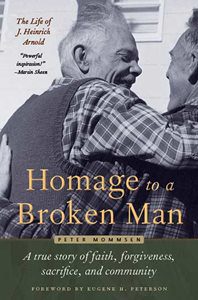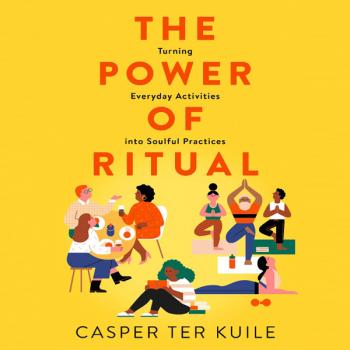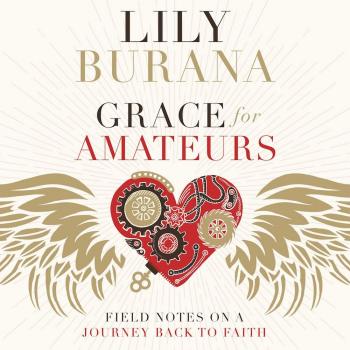My grandfather’s story shows what it means to love your neighbor as yourself – that means being willing to risk being broken. The key is in the book’s epigraph from Thornton Wilder, which I love: “Without your wounds where would you be? The very angels themselves cannot persuade the wretched and blundering children of earth as can one human being broken in the wheels of living. In love’s service, only the wounded soldiers can serve.” — Peter Mommsen, author, Homage to a Broken Man
Author Q&A with Peter Mommsen
Homage to a Broken Man: The Life of J. Heinrich Arnold – A True Story of Faith, Forgiveness, Sacrifice, and Community
Foreword by Eugene H. Peterson
(Plough, 2015, Hardcover, 399 pages, $22, ISBN978-0-87486-613-1)
I started writing this book thirteen years ago, shortly after college, because I felt convinced this was a universal story that needed to be told. It addresses the questions all of us ask: What am I here for? What’s my calling? What does it mean to love and be loved? What about God?
As a young man working through those questions, I found myself being pulled into my grandfather’s story. It was thrilling, and very uncomfortable. He wasn’t an extraordinary person in many ways, certainly no celebrity. But he was passionate and uncompromising in seeking to follow his calling. Of course, along the way he met with plenty of weakness and failure, including his own.
Give us a few preview snapshots of the story.
A childhood in the revolutionary Berlin of 1919 and then on a rural commune amid the swirl of Weimar Republic Germany. A controversial father who’s a famous theologian with a Salvation Army background and a commitment to social justice and pacifism. Exile from Nazi Germany at age 21 for refusal to serve in Hitler’s army. True love and a honeymoon that doubles as escape from the Continent. A promise to God to build up a life of radical Christian community according to Jesus’ teachings, which leads to pioneering in the jungles of South America. Banishment to a Paraguayan leper colony. The heartbreaking loss of two baby daughters. Marching in Selma for civil rights. Rebirth, forgiveness, and reconciliation – but no tidy endings.
Homage to a Broken Man seems a strange title, though it fits the story you just described. What does it mean to you?
My grandfather’s story shows what it means to love your neighbor as yourself – that means being willing to risk being broken. The key is in the book’s epigraph from Thornton Wilder, which I love: “Without your wounds where would you be? The very angels themselves cannot persuade the wretched and blundering children of earth as can one human being broken in the wheels of living. In love’s service, only the wounded soldiers can serve.”
Why should I read your book?
If we’re going to live with courage and joy and integrity, we need honest, true-to-life stories to show us how. That’s the kind of book I’ve aimed to write. As Eugene H. Peterson writes in the foreword, “Every time someone tells a story and tells it well and truly, the gospel is served.” What excites me are stories with all the grit and beauty and squalor of human beings attempting to live in service to God and loving their neighbor. What could matter more?













